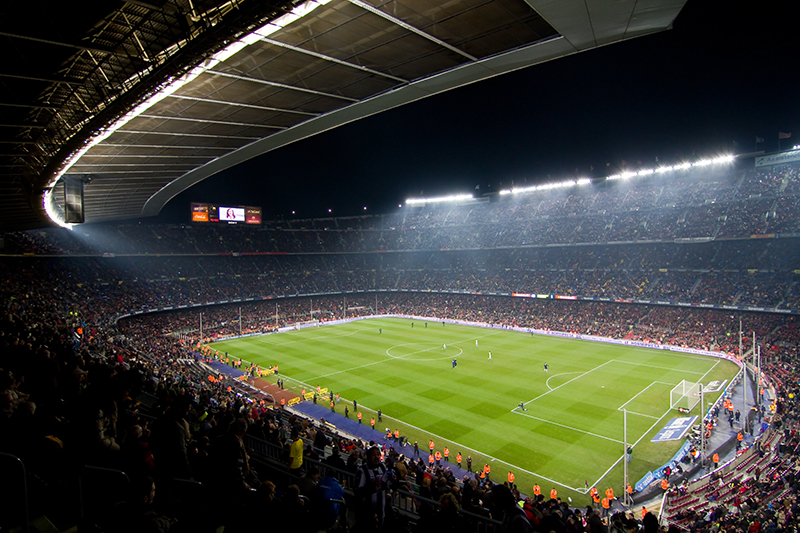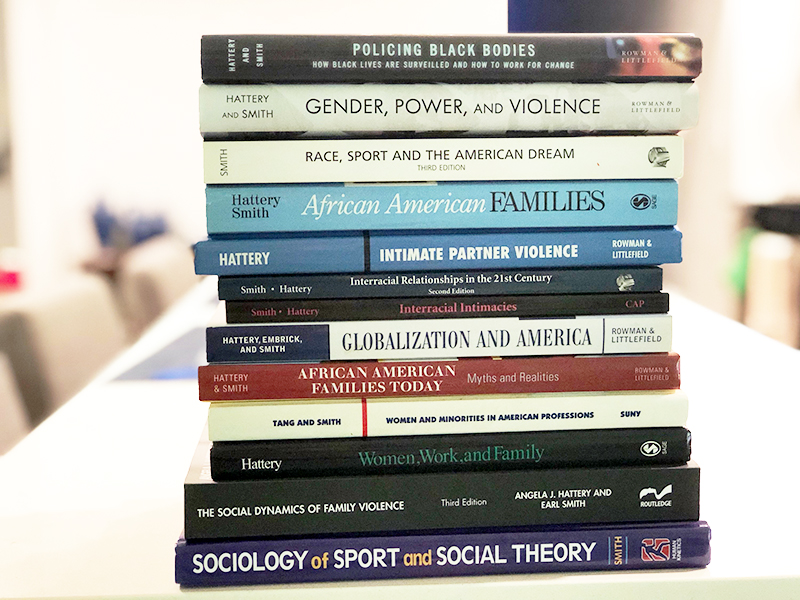We write in order to challenge
We Write
We write in order to bring a more nuanced understanding to complex, multi-disciplinary problems facing the United States today. Our focus is on three pressing social issues: gender based violence, racial injustice in the criminal justice system, and race and gender inequalities in sports.
When we watch or read the news, we often find that the analysis of complex issues, such as the police killing of Freddie Gray or Mike Brown and the Black Lives Matter protests that filled the streets of Minneapolis, Ferguson, Missouri or Baltimore, only touches the surface. For example, people often ask why Blacks who are part of the social protest are burning “their” own community. Very few “talking heads” were asking if Black people actually owned any of the businesses in Baltimore or Ferguson. How could they burn the CVS in Baltimore, people asked. No one asked why there was only one store, a CVS, in the community where Freddie Gray was murdered.

We write in order to provide a context in which to situate events like the murders of Freddie Gray or Mike Brown in the historical context of chattel slavery, Jim Crow, and the persistent and entrenched housing segregation that produces the toxic mix in which police officers kill unarmed Black men and more than twice the rate of unarmed White men.
We write in order to expose the ways in which persistent and racist practices like stop and frisk led to a man like Freddiey Gray being tired of constant surveillance by the police. Tragically, he died when he resisted. As did Eric Garner and Alton Sterling who was killed by the police when he was surveilled while selling bootleg DVDs outside of a bodega in Baton Rouge, Louisiana. But millions more Black men who are also subjected to over-policing end up being trapped in the system of mass incarceration, sometimes for days, often for years, more often than not for petty crimes or simply because they are too poor to pay bail, as Kalief Browder was.

We write in order to help the reader see patterns in phenomena that often seem otherwise disconnected. Often in the same week, there are headlines about another settlement against the Catholic Church or the Boyscouts for hiding the perpetrators of child sexual abuse behind the closed doors of their powerful offices. In the same week, guaranteed, there will be news of another allegation of sexual harassment or violence against a high profile celebrity, politician or college or professional athlete. And, yet, we know of no one else who is connecting the dots among these cases.
We write to illuminate for the reader, the structural conditions of institutions as seemingly unrelated as the Catholic Church, Congress, Hollywood,the military or the NFL that contribute to higher rates of gender based violence perpetrated by their members. Some of these structures include close fraternal bonds among members, an emphasis on hyper or toxic masculinity, high levels of gender segregation and gender inequality, and internal systems of justice. We write because we believe that the first step in reducing epidemic proportions of gender based violence is to uncover and explicate the systems that create conditions where it is allowed to flourish.

We write about gender and racial inequalities in sports not because we hate sports, but because we love them! We are regular consumers of sport, we watch everything from NASCAR to tennis to track and field, to women’s and men’s basketball and football. We write because we watch with a critical lens that leads to asking difficult and sometimes uncomfortable questions about the athletes so many of us admire and adore.
Why do women soccer players make less money than men who play professionally or for the national team? Most of our students argue it’s because its because the men play a “better” or more competitive game. We write to complicate this discussion and dispel this kind of myth. In fact, women make less money for playing soccer as part of a larger system of wage inequality that extends far beyond sports and into pretty much all occupations and professions, including teaching, medicine, and law. By understanding that women make less money not because they are less talented or interesting or devoted, but because their work is less valued we can begin to address the underlying causes of the gender wage gap and close it! And, in addition, we hope that more consumers of sport will watch more women compete on fields and courts which also serves to break the vicious cycle of devaluing their play.
We've dedicated our lives to understanding social inequalities
Read Our Books
As critical sociologists who are passionate about social justice, we have dedicated our lives to understanding some of the most complex and tragic forms of social inequality. We have interviewed hundreds of people whose experiences are both common and uncommon in their tragedy so that we give voice to their struggles and inspire others to care. The social problems we interrogate are often invisible…the violence that women are subjected to in their homes or at the hands of the men who they work with side by side….the plight of citizens re-entering the free world with a felony, who seek a second chance only to find every opportunity for housing and employment blocked, the men who have spent decades rotting away in prison cells for crimes they didn’t commit, and the most invislble of all…those men and women living for days, weeks, and even decades in solitary confinement, their primary “crime” is suffering from mental illness as a result of the traumas they experienced as children.

